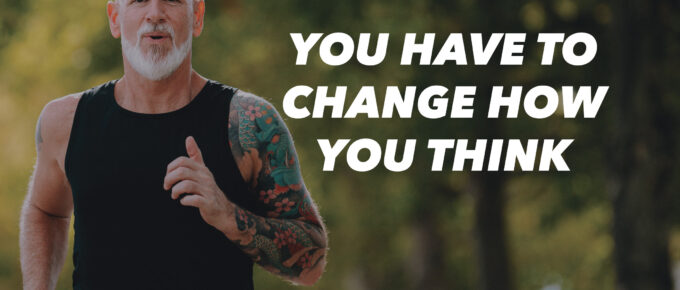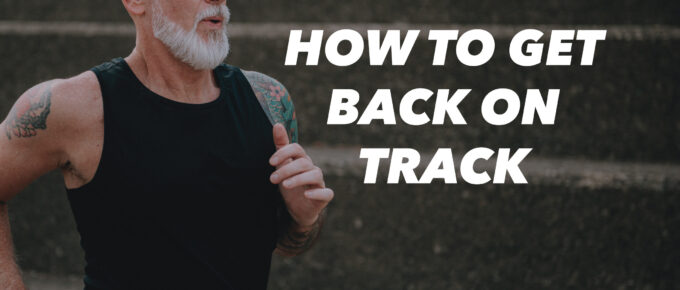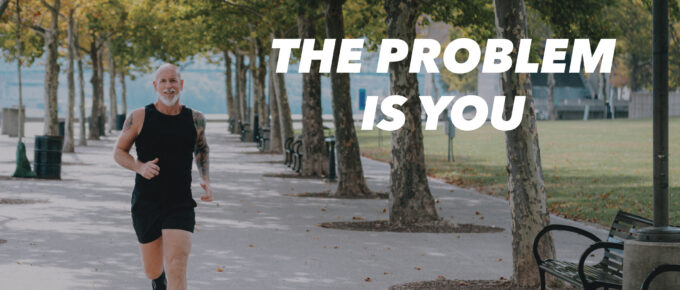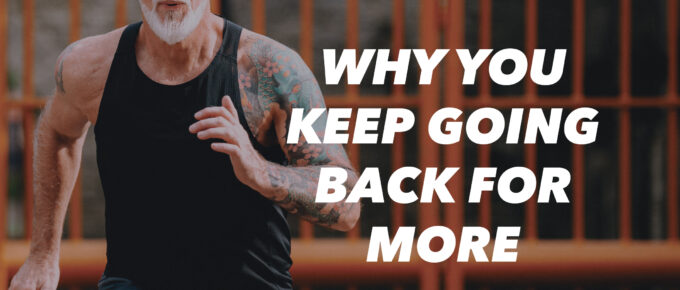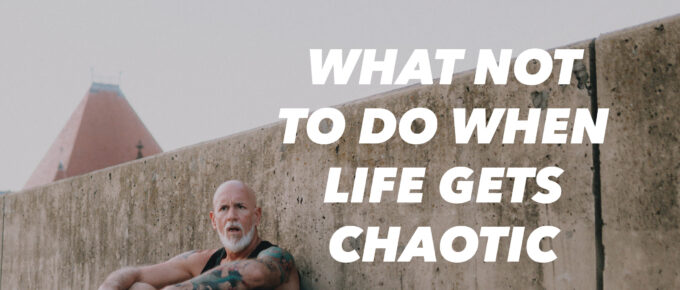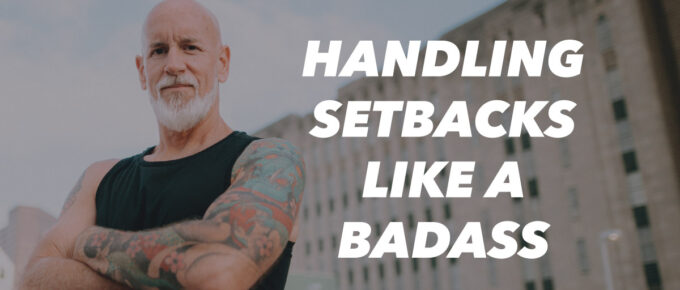If you want to lose weight and keep it off, you probably already know that you have to change your diet. This is obvious and we all know this, but that’s where most people stop. They change …
Continue Reading about 218. You Have to Change How You Think →

